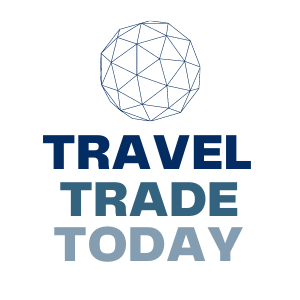At a glance.
- Web-scraping bots target the travel industry.
- Dutch secret service allegedly used Pegasus spyware.
- US issues warning about Karakurt threat group.
Web-scraping bots target the travel industry.
Researchers at PerimeterX have released their 2022 Automated Fraud Benchmark Report, and the data shows that web scraping has increased a whopping 240% over last year. Three web scraping attacks targeting two major consumer online travel agencies were discovered. In the first, an itemization attack, bots attempted to use the application’s search engine to scrape itemized product and pricing information while hiding in legitimate app traffic. In another search engine attack, the number of malicious requests comprised the majority of all the application traffic during a 24-hour period, and while the number of malicious users was low, the volume of malicious requests was significantly higher. And in the third attack, instead of focusing on product or pricing data, the bots attempted to scrape product reviews and testimonials from the site, perhaps to steal reviews for a competitor, or to trick users looking for the target site to visit a fraudulent site instead. Such bot attacks negatively impact the target site by negating any competitive pricing edge, reducing look-to-book ratios, increasing global distribution system costs, and slowing website performance.
Dutch secret service allegedly used Pegasus spyware.
The NL Times reports that Dutch intelligence service AIVD has been accused of using NSO Group’s controversial Pegasus spyware. Four anonymous sources claim that the AIVD used Pegasus in 2019 to hack the phone of Ridouan Taghi, a Moroccan-Dutch crime boss who is currently on trial for murder, along with several other unnamed targets. DutchNews.nl notes that Dutch parliamentarian Pieter Omtzigt earlier this year launched an investigation to determine whether the spyware was being used in the Netherlands. “I want to know within which framework it was deployed,…





